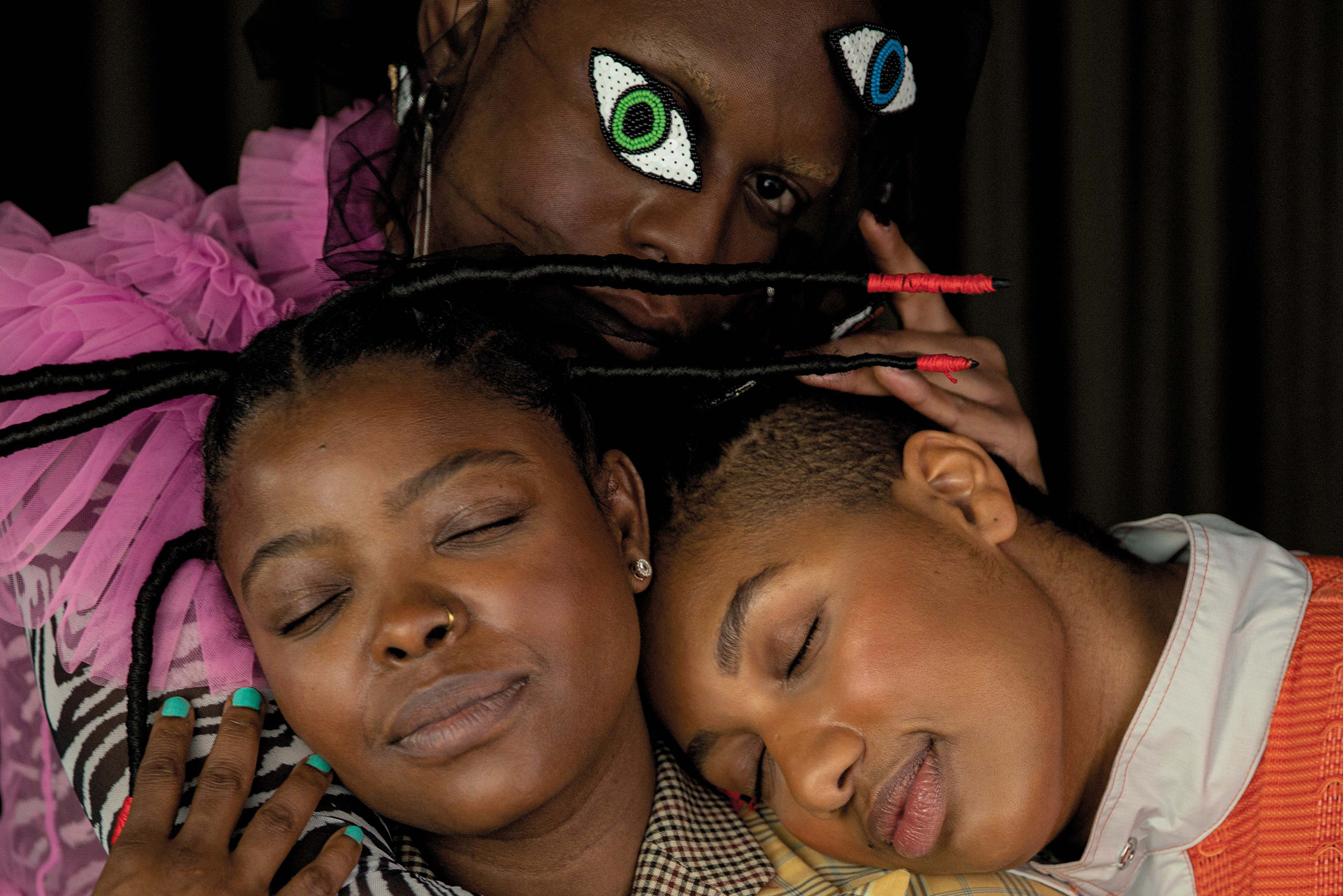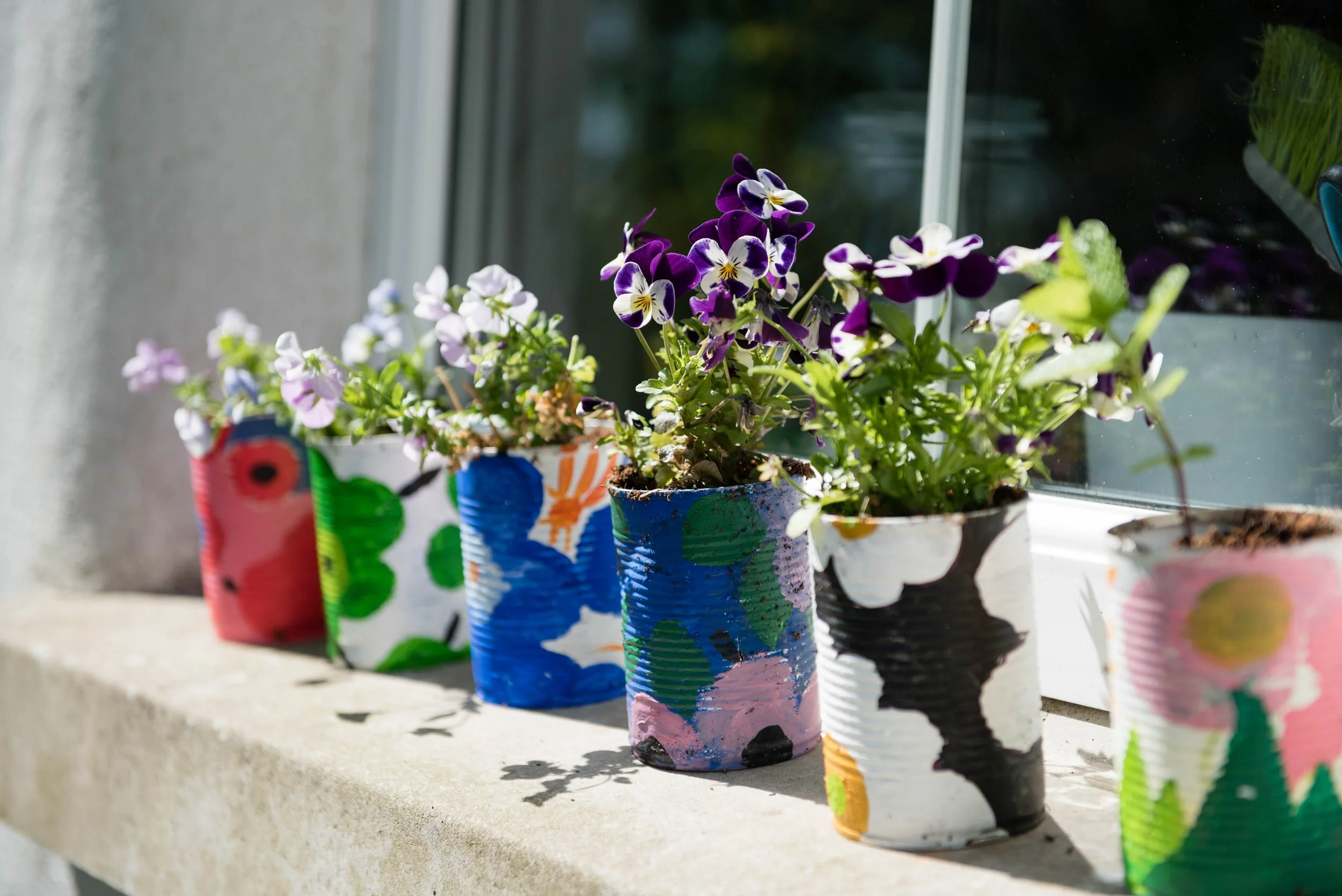In an era of overflowing landfills and dwindling resources, it’s more crucial than ever to find sustainable ways to manage our belongings. Decluttering and upcycling have emerged as powerful tools to not only declutter our homes but also give discarded items a new lease on life, reducing waste and unlocking hidden value.
Decluttering can be a daunting task, especially for those who have accumulated a lot of belongings over time. It can be challenging to part with items that hold sentimental value or that we think we might need in the future. However, holding onto excess possessions can clutter our homes, making them feel cramped and disorganized. It can also be a source of stress and anxiety.
Upcycling, on the other hand, is the process of transforming discarded items into new, often more valuable products. By using creativity and resourcefulness, we can give old items a new purpose, reducing waste and saving money. Upcycling projects can range from simple transformations, such as turning an old t-shirt into a tote bag, to more complex ones, such as creating a coffee table from an old door.

Cool Ways To Upcycle Trophies | Cool stuff, Trophies, Upcycle – Source www.pinterest.com
Decluttering and Upcycling: A Journey of Transformation
My journey into decluttering and upcycling began when I realized the extent of clutter that had accumulated in my home. I found myself feeling overwhelmed and stressed by the sheer volume of possessions that I no longer needed or used. Determined to create a more serene and organized living space, I embarked on a decluttering spree. I sorted through my belongings, discarding anything that I no longer needed or that didn’t bring me joy.
As I decluttered, I realized that many of the items I was discarding had the potential to be upcycled into something new and useful. I started experimenting with different upcycling projects, transforming old clothes into patchwork quilts, and turning discarded furniture into unique pieces of art. Not only did upcycling give these items a new lease on life, but it also sparked a newfound creativity within me.
What’s the Difference Between Upcycling & Recycling? Which is Better – Source www.thehonestconsumer.com
The History and Myth of Decluttering and Upcycling
Decluttering and upcycling are not new concepts. Throughout history, people have sought ways to manage their belongings and reduce waste. In the early 20th century, the Japanese developed the KonMari method of decluttering, which focuses on keeping only items that “spark joy.” In the 1970s, the environmental movement gained momentum, bringing attention to the importance of reducing waste and promoting recycling and upcycling.
However, despite the growing awareness of the benefits of decluttering and upcycling, many myths and misconceptions persist. Some believe that decluttering is about getting rid of everything you own, while others fear that upcycling is too time-consuming or requires special skills. In reality, decluttering and upcycling are accessible to everyone, regardless of their budget or skill level.

Tire producers work on finding more uses for nearly a billion units – Source www.reutersevents.com
The Hidden Secrets of Decluttering and Upcycling
Decluttering and upcycling are not just about decluttering your home or creating new products. They are also about changing your mindset and developing a more sustainable lifestyle. By embracing decluttering and upcycling, we can break free from the cycle of consumerism and rediscover the value of the things we already own.
Decluttering helps us to identify our true needs and values, while upcycling encourages us to be more creative and resourceful. Together, these practices can lead to a more sustainable, fulfilling, and clutter-free life.

DADDY magazine is reclaiming space for underrepresented voices in – Source www.friendsoffriends.com
Recommendations for Decluttering and Upcycling
If you’re new to decluttering and upcycling, here are a few tips to get you started:
- Start small: Declutter one room or category of items at a time.
- Be ruthless: Ask yourself if you really need or use each item.
- Get creative: Upcycle unwanted items into something new and useful.
- Don’t be afraid to ask for help: Friends, family, or professional organizers can provide support and motivation.
- Make it a habit: Declutter regularly and donate or upcycle items you no longer need.
Decluttering and Upcycling: A Step-by-Step Guide
To get started with decluttering and upcycling, follow these steps:
- Gather your supplies: You’ll need boxes or bags for donations, trash, and upcycling projects.
- Sort your belongings: Go through each item and decide whether to keep it, donate it, or upcycle it.
- Declutter: Donate or discard any items you no longer need or use.
- Upcycle: Transform unwanted items into something new and useful.
- Repeat: Declutter and upcycle regularly to maintain a clutter-free home and lifestyle.
Tips for Decluttering and Upcycling
Here are some additional tips for decluttering and upcycling:
- Make it a fun and creative process.
- Don’t be afraid to experiment.
- Upcycle items that have sentimental value.
- Use your imagination to see the potential in discarded items.
- Share your upcycling projects with others.
Decluttering and Upcycling: A Journey of Discovery
Decluttering and upcycling are ongoing journeys of discovery. As you declutter and upcycle, you’ll learn more about yourself, your values, and your creative potential. You’ll also become more aware of the environmental impact of consumerism and the importance of living a more sustainable lifestyle.
Fun Facts about Decluttering and Upcycling
Here are some fun facts about decluttering and upcycling:
- The average American home contains over 300,000 items.
- We spend an average of 90 minutes a day looking for things we can’t find.
- Decluttering can reduce stress and anxiety.
- Upcycling can save money and reduce waste.
- Decluttered and upcycled homes are more attractive and inviting.
How to Declutter and Upcycle
To declutter and upcycle, you can follow these steps:
- Identify the areas in your home that need decluttering.
- Sort through your belongings and decide what to keep, donate, or upcycle.
- Use your creativity to upcycle unwanted items into something new and useful.
- Donate or discard any items that you no longer need or use.
- Repeat the process regularly to maintain a clutter-free home and lifestyle.
What if Decluttering and Upcycling Isn’t for Me?
If decluttering and upcycling seem too daunting or time-consuming for you, there are other options for managing your belongings and reducing waste. You can consider renting or borrowing items you need instead of buying them, or you can donate unwanted items to charity or sell them online. You can also hire a professional organizer to help you declutter your home and develop strategies for maintaining a clutter-free lifestyle.
Listicle of Decluttering and Upcycling
Here’s a listicle of tips for decluttering and upcycling:
- Start small and focus on one area at a time.
- Be ruthless and get rid of anything you don’t need or love.
- Get creative and think of new ways to use old items.
- Use upcycling projects to add personality and style to your home.
- Share your upcycled creations with others to inspire them.
Questions and Answers about Decluttering and Upcycling
- What is the difference between decluttering and upcycling?
Decluttering is the process of removing excess belongings from your home, while upcycling is the process of transforming unwanted items into something new and useful. - Why should I declutter and upcycle?
Decluttering and upcycling can help you reduce stress, save money, reduce waste, and live a more sustainable lifestyle. - How can I start decluttering and upcycling?
Start by sorting through your belongings and deciding what to keep, donate, or upcycle. Use your creativity to transform unwanted items into something new and useful. - What are some tips for decluttering and upcycling?
Be ruthless, get creative, and don’t be afraid to ask for help.
Conclusion of Decluttering And Upcycling: Reclaiming Space And Finding Value In Discarded Items
In conclusion, Decluttering And Upcycling: Reclaiming Space And Finding Value In Discarded Items offer numerous benefits for individuals and the environment. This practice empowers us to declutter our homes, reduce waste, save money, and unleash our creativity. By embracing
